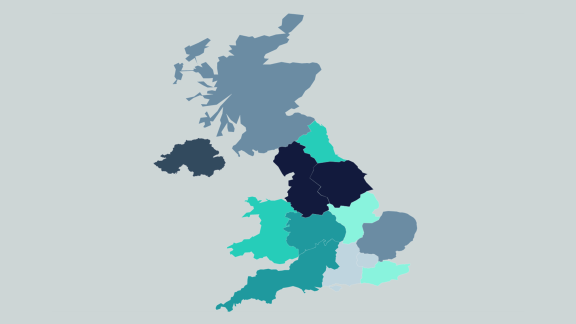A summary of NHS England’s Fit and Proper Person Test Framework

NHS England published a revised Fit and Proper Person Test (FPPT) Framework in response to the recommendations made by Tom Kark KC in his 2019 Review of the FPPT as it applies under Regulation 5 of the Health and Social Care Act 2008 (Regulated Activities) Regulations 2014. The review highlighted areas that needed improvement to strengthen the existing regime.
Introduction
The Framework is effective from 30 September 2023 and NHS organisations 1 are expected to use it for all new board level appointments or promotions and for annual assessments for all board members going forward from that date. It should be read alongside the NHS Constitution, NHS People Plan, People Promise and forthcoming NHS Leadership Competency Framework.
The Framework will introduce a requirement for and means of retaining certain information relating to testing the requirements of the FPPT for board members, a set of core elements for the FPPT assessment of all board members, and a new way of completing references.
Purpose
The purpose of the new Framework is to strengthen individual accountability and transparency for board members, thereby enhancing the quality of leadership within the NHS.
It is a core element of a broader programme of board development, effective appraisals and values-based (as well as competency-based) appointments – all of which are part of the good practice required to build a ‘healthy’ board.
The Framework will help board members build a portfolio to support and provide assurance that they are fit and proper, while demonstrably unfit board members will be prevented from moving between NHS organisations.
Applicability
The Framework applies to executive and non-executive directors of integrated care boards (ICBs), NHS trusts and foundation trusts, NHS England and the CQC, interim as well as permanent appointments where greater than six weeks and those who are called “directors” within Regulation 5. If they wish, trusts can extend the framework to cover other senior managerial positions for example, to those individuals who may regularly attend board meetings or otherwise have significant influence on board decisions. The annual submission requirement is, however, limited to board members only.
What’s new?
- Updates in the NHS Electronic Staff Record (ESR) to record the testing of relevant information about board members’ qualifications and career history.
- A new standard board member reference template for references for all new appointments. For board members who leave their position, organisations must complete and retain locally the new board member reference, whether or not a reference has been requested by a prospective employer.
- An NHS Leadership Competency Framework will provide guidance for the competence categories against which a board member should be appointed, developed and appraised.
- The annual assessment needs to be in line with the FPPT checklist which is set out at appendix 7 of the framework so organisations should ensure they are familiar with this document.
- The duty to store information relevant to the annual assessment (as set out in the checklist) will apply to existing directors (as they will have to comply with the assessment each year) and not only new appointees/promotions.
Next steps
- Visit NHS England’s website for supporting information, templates and guidance.
- Work with your chair to let your board directors know about the new FPPT requirements and data points being added to ESR to record the testing of relevant information about board members’ qualifications and career history.
- From 30 September 2023, use the new board member reference template for references for all new board appointments and complete and retain locally the new board member reference for any board member who leaves their position.
- NHS England is finalising the new NHS Leadership Competency Framework for board level roles, due by September 2023 so that you can implement this alongside the FPPT Framework.
- A new board appraisal framework will also be published, incorporating the Leadership Competency Framework, by March 2024. NHS England will ask you to use this for all future annual appraisals of board directors from this point.
- Consider local policies, contract and settlement agreement templates which may require amendment to enable compliance with the Framework.
Footnotes
- 1. In this summary ‘NHS organisations’ refers to all institutions the Framework applies to which is listed in the Framework as including NHS trusts, NHS foundation trusts, integrated care boards, the Care Quality Commission and NHS England. ↑



